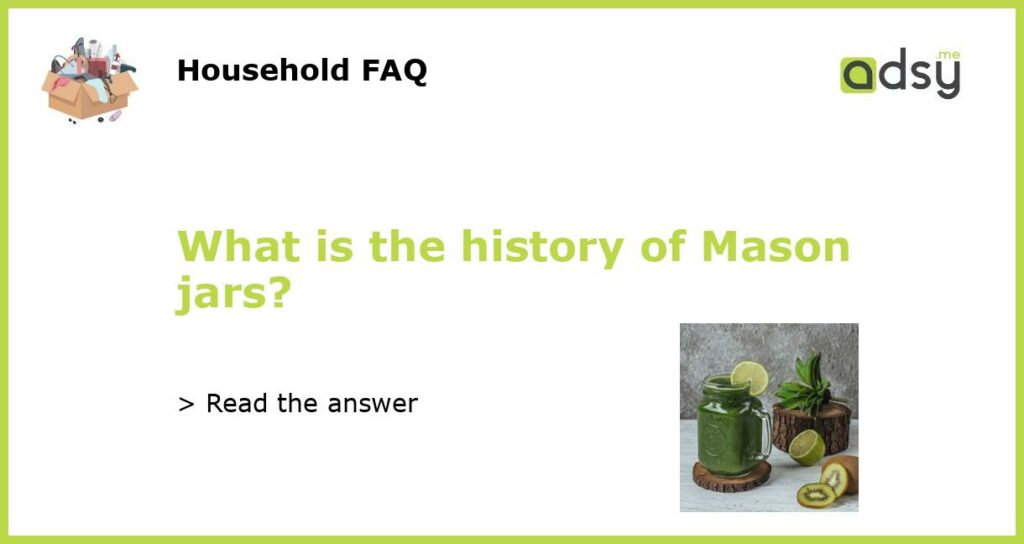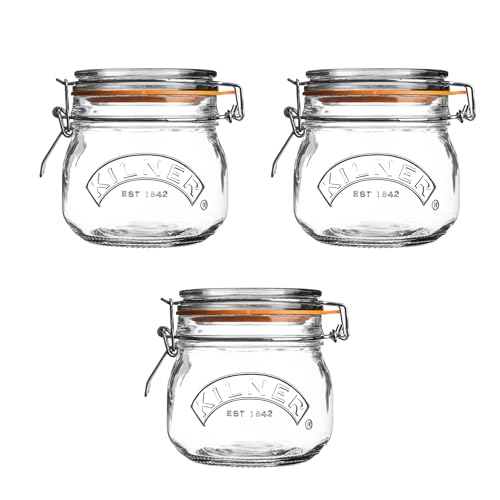The Origin of Mason Jars
Mason jars have been a fixture in households for over a century. Invented and patented by John Landis Mason in 1858, these jars revolutionized food preservation. Originally intended to preserve fresh fruits and vegetables, they quickly became popular for preserving jams, jellies, and other foods. Mason’s patent expired in 1879, opening the door for other manufacturers to produce their own versions of the iconic jar.
The Evolution of Mason Jars
Over the years, Mason jars have undergone several changes. The earliest versions were made of clear glass and didn’t have the signature embossing on the side. The first embossed jars featured the words “Mason’s Patent November 30th, 1858” and were produced by the Ball Brothers Glass Manufacturing Company in the late 1800s. The design has since been adapted to include a variety of shapes and colors, making them popular for crafts and home decor.
Popularity and Cultural Significance
Mason jars reached the height of their popularity during World War II when home canning became an essential part of the war effort. Families were encouraged to can their own fruits and vegetables to help with food shortages. Mason jars were also used for storing non-perishable items such as nails, screws, and other small parts. Today, the jars have become a cultural icon, often associated with the DIY movement and vintage style home decor.
Modern Uses for Mason Jars
While originally intended for food preservation, Mason jars are now used for a wide variety of purposes. They are popular for storing dry goods, serving drinks, and even planting small herb gardens. Mason jar crafts have become increasingly popular, with people using them to make everything from candles to chandeliers. The jars are also commonly used for wedding decor, adding a rustic touch to ceremonies and receptions.
The Future of Mason Jars
Despite being over 160 years old, Mason jars show no signs of losing popularity. With the rise of eco-friendly and sustainable living, many people are turning to mason jars as an alternative to single-use plastics. The jars are also being used by companies as a marketing tool, with brands such as Starbucks and McDonald’s releasing limited edition Mason jar designs. Whether being used for food preservation or home decor, Mason jars will likely remain a beloved part of households for years to come.






